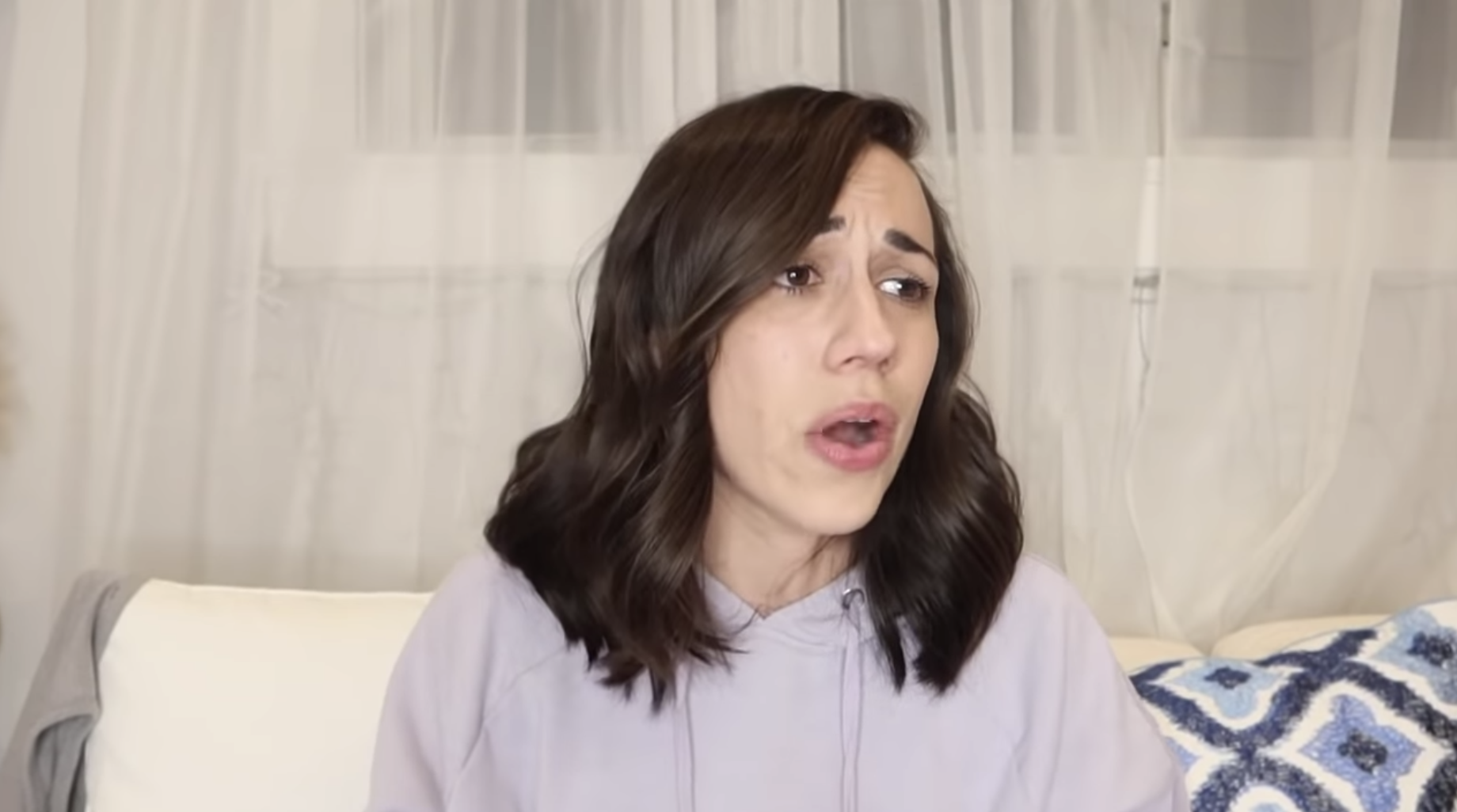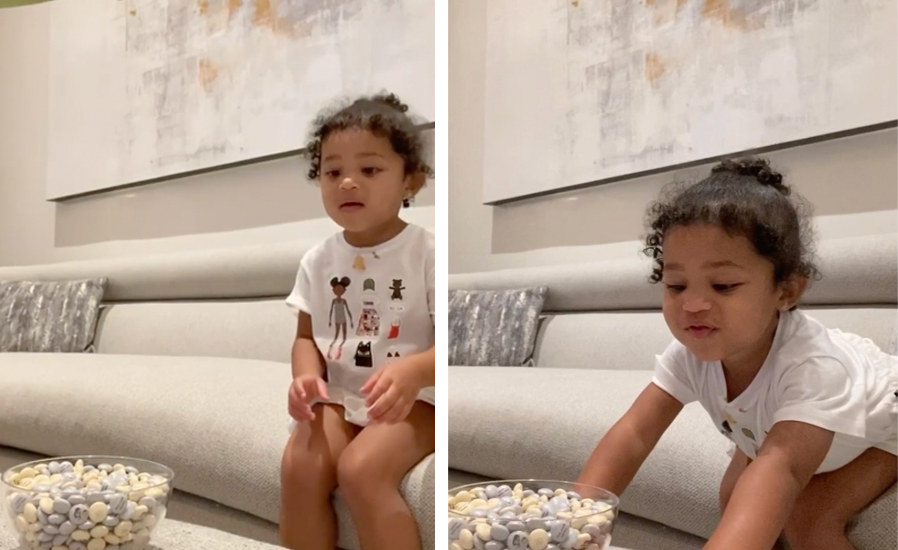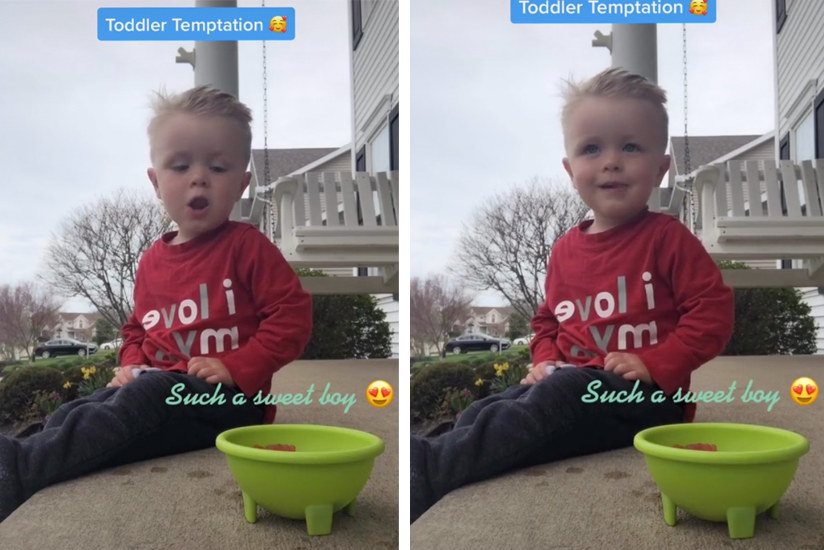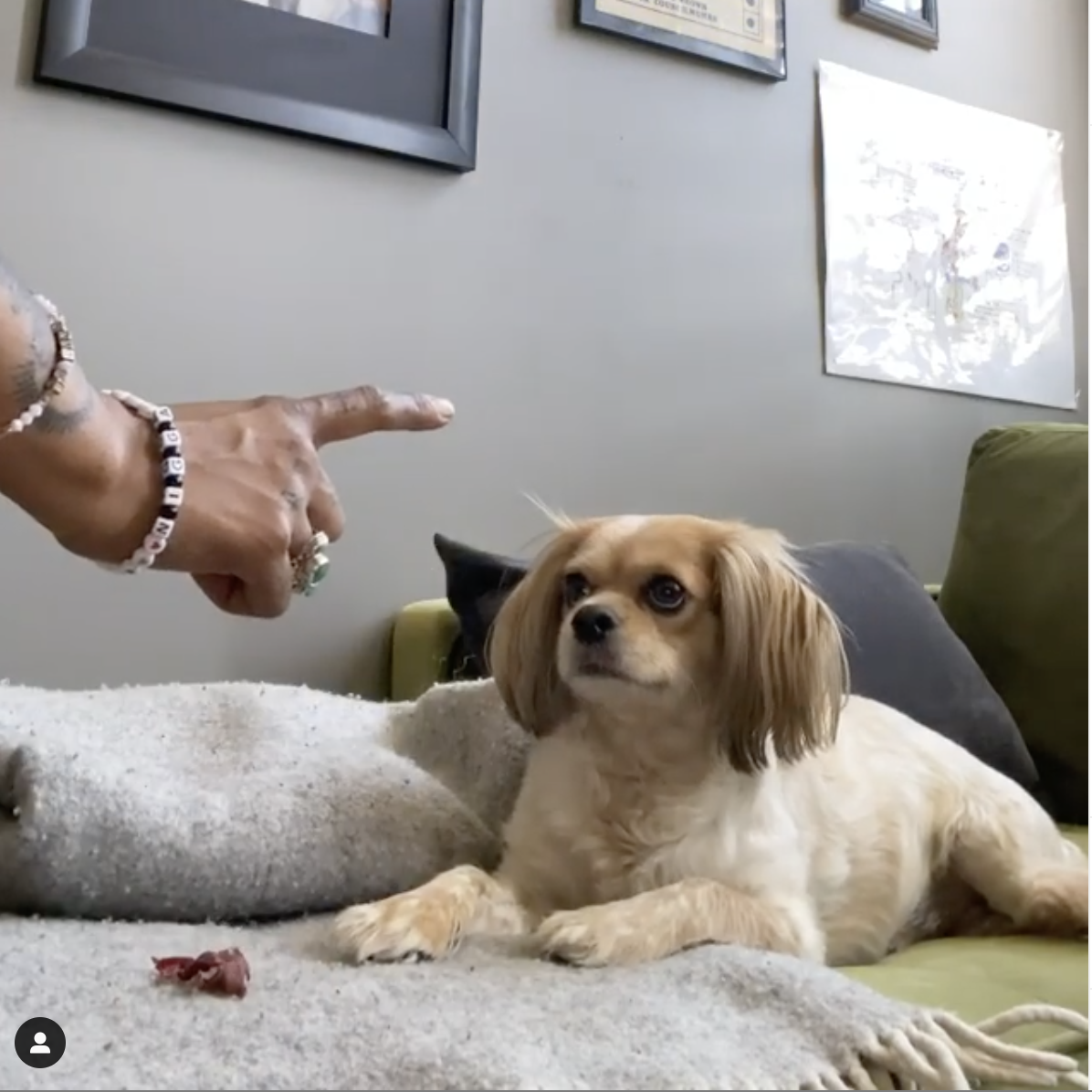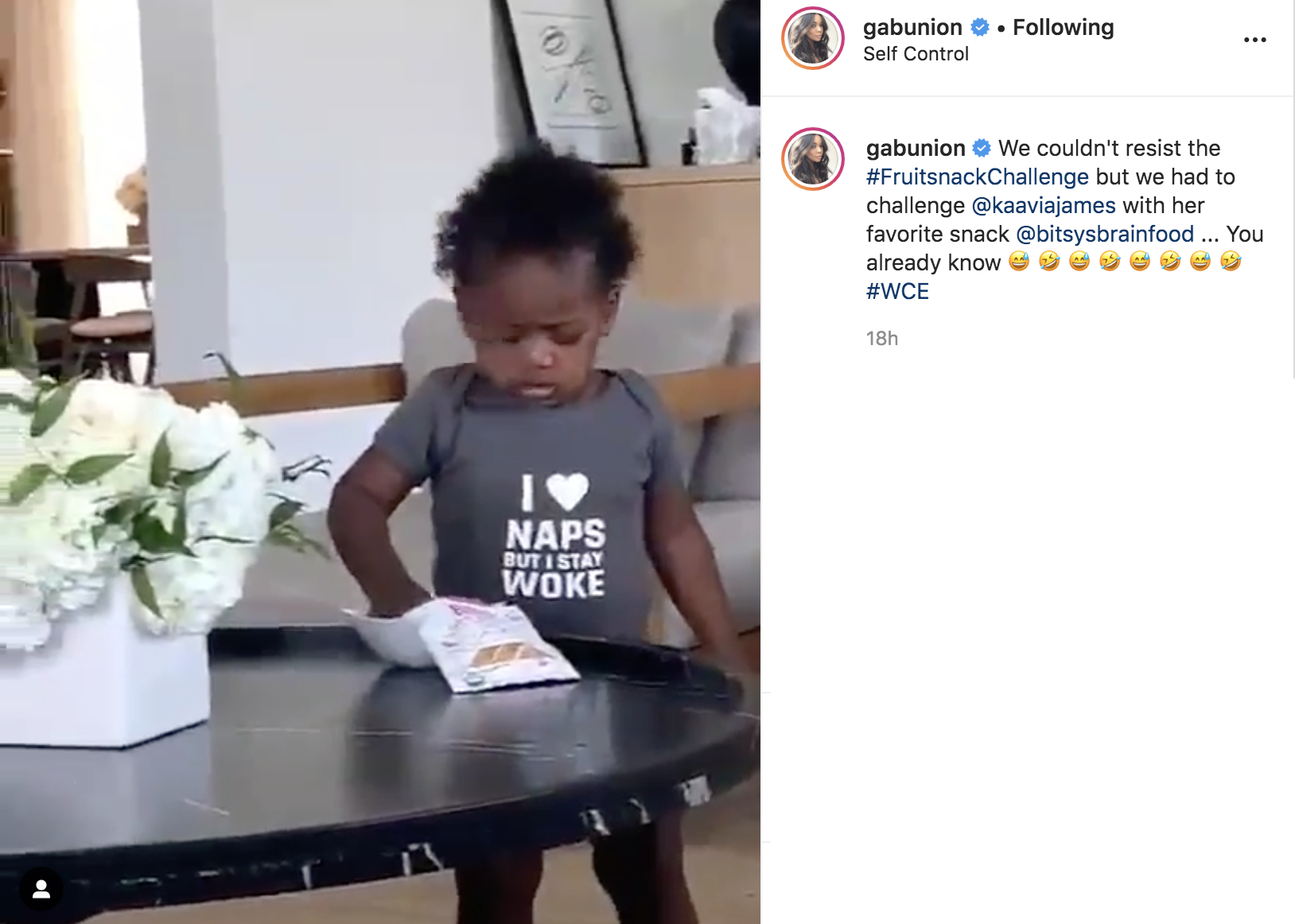This is Please Like Me, BuzzFeed News’ newsletter about how influencers are battling for your attention. You can sign up here.
Are influencers getting better at accountability or social media PR?
There were two Big™ public apologies this week. If you’ve been following and indulging in niche online dramas to keep your mind off the global pandemic, then you know influencer chef Alison Roman and OG YouTuber Colleen Ballinger both issued statements about their controversies.
On Monday, Alison, a popular New York Times food columnist, shared a lengthy apology on Twitter after reflecting on the major scrutiny she received about comments she made about Chrissy Teigen and Marie Kondo in a recent interview with New Consumer. (In very short, Alison criticizes Chrissy and Marie for selling out. Here’s a good summary from Eater.)
Alison wrote in her Twitter apology that she had done a lot of reflecting and had asked herself questions like, “Why couldn’t I express myself without tearing someone down?” She came to the conclusion that her remarks were coming from her own insecurities and that she had been “blind” to the racial insensitivity of calling two Asian women out. She then apologized directly to Chrissy and Marie.
“It’s no one’s obligation to accept my apology or help me improve. That said, I want to be a better listener,” Alison said, adding that she is receptive to criticism and gave people an email where she can be reached.
On Tuesday and in a completely different social media universe, YouTuber Colleen Balligner aka Miranda Sings released an apology video addressing a whole host of things. In a video aptly titled “Addressing Everything,” she speaks to backlash she got for old sketches in which she mocks Latina women, comments she’d made about an overweight woman, and a joke she once made about putting her dog down. She even addresses a controversy about allegedly sending lingerie to a young teen fan once as a joke. Throughout the apology, Colleen says she feels “awful” and “disgusted” by her more ignorant, younger self, and promises that she has since learned and is a different person today.
“To anyone and everyone who was hurt or offended by the statements I made when I was younger, I am so, so sorry. I hope you all can see that the person I am today is so far from the person I was a decade ago,” she said.
In both of these public apologies, the targeted famous person takes on the criticisms head on and seems to be internalizing them. There is fairly direct acknowledgment of what their fans found to be problematic. And beyond an actual apology, there is a vow to do better or a plea for the public to give them more chances.
We can scrutinize the statements more closely, but overall — and this is just my opinion — they’re pretty solid apologies, as far as PR apologies go. This is relative to the kinds of apologies we’ve gotten from influencers in the past. We have seen influencers only offer apologies after losing significant followings and business opportunities — or ones that are hard to receive as genuine after a crime so heinous (remember the whole Logan Paul moment in time?). It’s also rare that the actual important issues of the backlash get addressed, rather than just the backlash or hurt feelings themselves. Fewer also include a deliberate call to action to try to learn or change.
Now, this is not praise to famous people finally learning how to apologize. It’s something that should have been done all along. I’m not saying we can all accept these apologies as sincere and close the chapter in happily ever after. But I do think influencer apologies seem to be improving, and these women seem genuine.
Time will tell if they mean what they say, and time will tell if influencers are just getting savvier about saying the right things on social media, or if they are actually going to change. I hope it’s the former! Apologies are generally hard because they take effort and self-reflection and lots of humility. And we’ve seen how…difficult that can be for some of the most venerated personalities, probably because they’ve gotten used to, well, pure veneration for some time.
Because there is nothing left to say here but to watch and see, we’ll be watching and we’ll see if Alison or Colleen, or any others from here on out, turn an apology to reckoning — or if they’ve just got really good writer friends and publicists.
—Tanya
This viral psychological experiment on children is the weirdest quarantine content yet
We’ve reached the point of quarantine boredom where parents are performing psychological experiments on their kids for social media clout. Honestly, surprised it took this long.
I first heard of the “#fruitsnackchallenge” or “#candychallenge” when Kylie Jenner posted a video of her putting her daughter, Stormi, to the test. Now, it seems everyone is doing it, from celebrities to influencers to normal people. The challenge is being attributed to TikTok, but I am seeing a lot of it on Instagram as well.
The “challenge” goes like this. The parent shows their kid a bowl of fruit snacks, candy, or some other treat. They then tell the child they are leaving the room and the child needs to wait to have the treat until the parent returns. The parent leaves the room and, through a camera trained on the child, watches if their kid will pass or fail the challenge by eating the candy anyway.
If this sounds familiar, it’s because this is the basic premise of the “marshmallow test,” a famous experiment performed on children by psychologist Walter Mischel at Stanford University in the 1970s. Mischel ultimately found that children who were able to resist the treat, in this case a marshmallow, became adults with better self-control.
I have no idea why this well-known experiment is suddenly blowing up on social media. Extreme boredom? Maybe. A desire by parents to use this time to dive deeper into their children’s psyches? Perhaps. An easy and cute way to get some likes? Most def.
All I know is that I just saw a girl I went to high school with do it with her kids on Facebook, so it’s officially a Thing. It’s also evolving in some hilarious ways, like people who are doing it with their pets. I’d love to hear what the now-deceased Mischel would have to say about his experiment being performed on dogs as if they have the same mental capacities as children.
Gabrielle Union did the experiment with her daughter Kaavia by offering the child her “favorite snack,” which she just so happened to tag in the caption. Is this an ad (it’s not marked as such) or a sponsorship? If so, brilliant.
Ultimately, this is a bit of harmless fun and is also the extremely weird quarantine social media content I have been craving. It’s bizarre and hilarious that parents are experimenting on their children for clout and sharing it with all of us. But it’s super cute nonetheless.
Let’s just not do the same thing with the Stanford prison experiment though, OK?
—Stephanie
Tanya Chen is a social news reporter for BuzzFeed and is based in Chicago.
Contact Tanya Chen at [email protected].
Got a confidential tip? Submit it here.
Stephanie McNeal is a social news editor for BuzzFeed News and is based in New York.
Contact Stephanie McNeal at [email protected].
Source: Read Full Article

